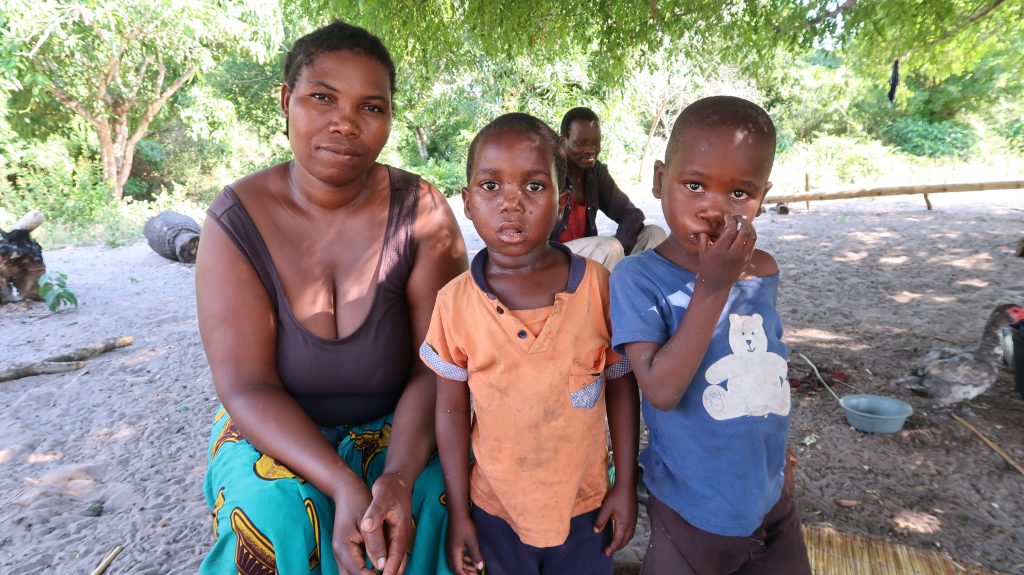Certain factors and markers could help predict how well someone will respond to vaccination
Upon birth, babies must deal with a myriad of new pathogens they were not exposed to in the mother’s womb. However, their immune system—particularly the “adaptive” branch responsible for making antibodies (B cells) and ensuring immune memory (T cells)—is not fully developed. “This is why infants are particularly susceptible to infectious diseases and respond less well to vaccines,” says Carlota Dobaño, who has been studying the immune system of children living in malaria-endemic regions to try to understand the factors that determine how well they respond to the RTS,S malaria vaccine or other vaccines.
Developing an effective vaccine against the malaria parasite—or any other parasite—has proven very challenging
Age, location, nutrition…
Dobaño and her team studied blood samples from Mozambican and Tanzanian children who had received the RTS,S vaccine. They found that the composition of the immune system (in other words, the percentage of different types of immune cells) changes considerably during the first two years of life, with a progressive increase in memory B cells and T cells, and that this “maturation” occurred faster in children living in Mozambique or Tanzania, as compared to children living in the Netherlands. “This could result from a higher exposure to certain pathogens early in life,” says Gemma Moncunill, co-author of the study. The analysis also showed that children with low haemoglobin levels responded less well to the RTS,S vaccine. “This suggests that iron deficiency can impair the development of adaptive immunity in anaemic children,” says Dobaño.

…and a molecular signature
In fact, further work performed by the Malaria Immunology Group shows that it may be feasible to identify which children will respond better to the malaria vaccine. The researchers found that, before vaccination, there is a series of genes expressed by white blood cells (in other words, a baseline “molecular signature”) that is associated with a better response both to RTS,S and to another experimental malaria vaccine. These results suggest we could identify individuals who lack this common baseline signature and boost their immune system before vaccination, or give them a higher vaccine dose,” says Moncunill. Signatures of protection could also be useful to determine the efficacy of future malaria vaccine candidates in clinical trials.











